
I would like to think of myself as a problem-solver rather than someone who complains about it all and does nothing. Although I was raised in the church, I have lived in a secular culture my entire life and too often find myself thinking as a secularist. I earnestly believe that politics must be the answer. Just get the right people in charge, passing the right laws, enforcing the rule of law; and surely all the ills of society will be fixed. (Only in the dreams of an ideologue or alternative universe) Maybe education holds the key to what ails us. We will tame the wild beast of humanity by flooding children’s minds with information. Surely knowing the year, the War of 1812 was fought will help squash the desire for war and conflict. (Please forgive my sarcasm) If peace was the preferred state of being, PlayStation and Xbox would have a different list of top-selling games, and Marvel would remain confined to comic books.
If my hope of a better world was invested in mankind’s ability to problem solve, I would throw in the towel. The solution to the problems that plague the world (most of which are self-inflected wounds) will never be solved by “us.” We are, without a doubt, too depraved, too ignorant, and too power-hungry to figure it out. We are a runaway train headed for a spectacular crash…and yet there is hope.
Two thousand years ago there was a group of shepherds who experienced an angelic visitation. The angel brought news concerning the birth of the Christ child. “Do not be afraid, for behold, I bring you good tidings of great joy which will be to all people.” …and there it is…the hope I have been searching for. Hope for tomorrow. Hope for all people. Hope for a planet shrouded in darkness.
“Merry Christmas” is a common greeting at this time of year; and the birth of Christ is cause for real merriment. The baby child grew up and fulfilled the ancient prophesies of the prophet Isaiah and became our Savior. He is the solid rock, the shelter, the shield, the strong tower. He is the King of Kings, Lord of Lords, the Good Shepherd, the Ever-lasting Father, the Author and Finisher of our faith. He is the hope of glory, our hope in times of stress, and the hope of the world. He is our friend, our brother, our high priest, our advocate, our salvation, our solution. So, “Merry Christmas!” That sounds so good, I’m inclined to say it again, “Merry Christmas!!”



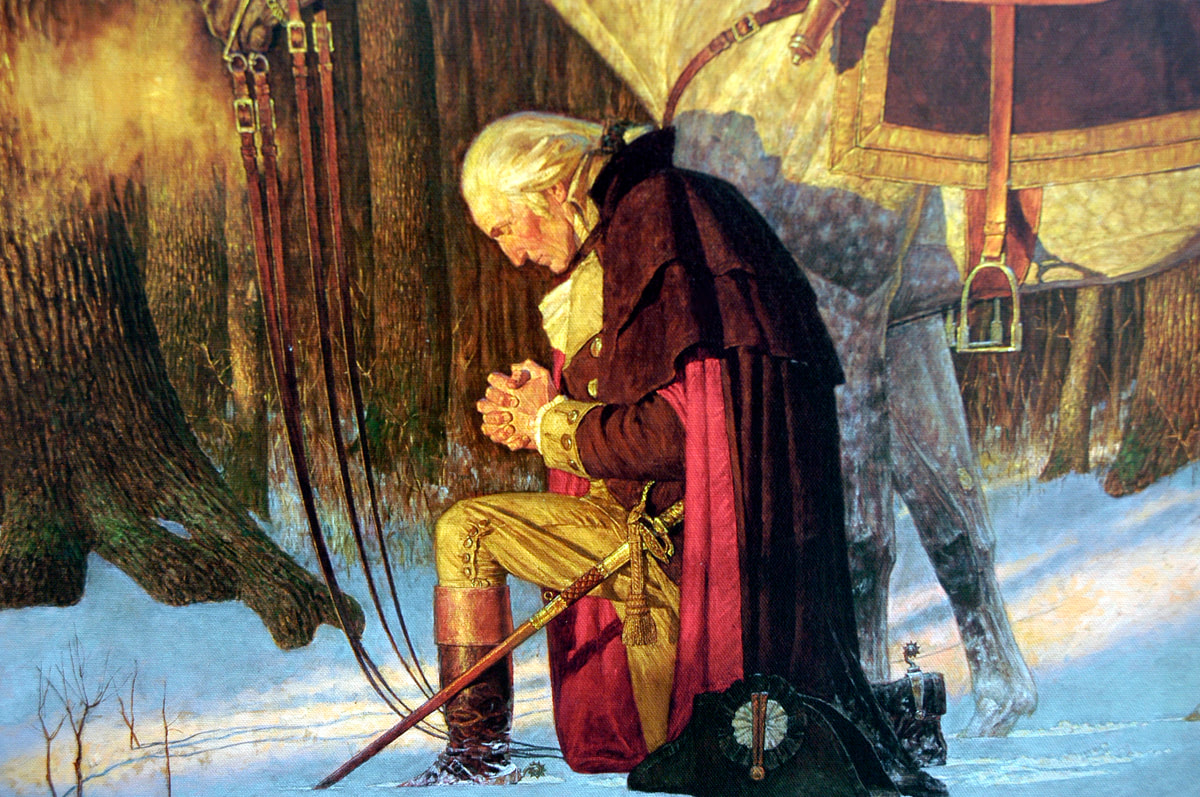

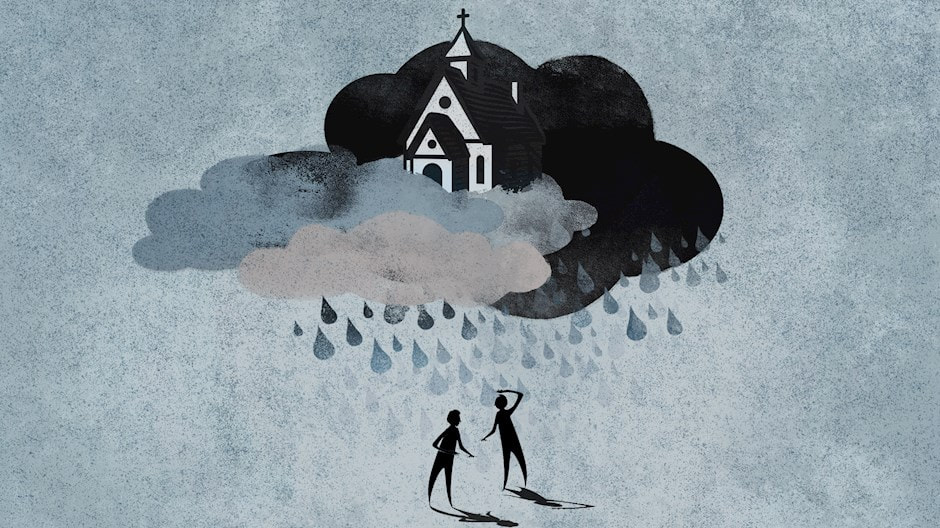
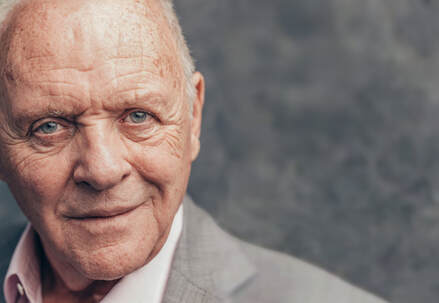

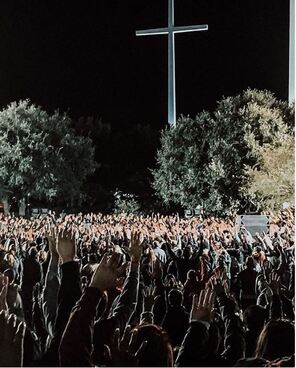
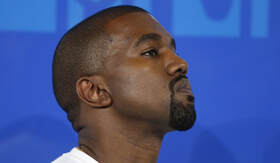
 RSS Feed
RSS Feed
